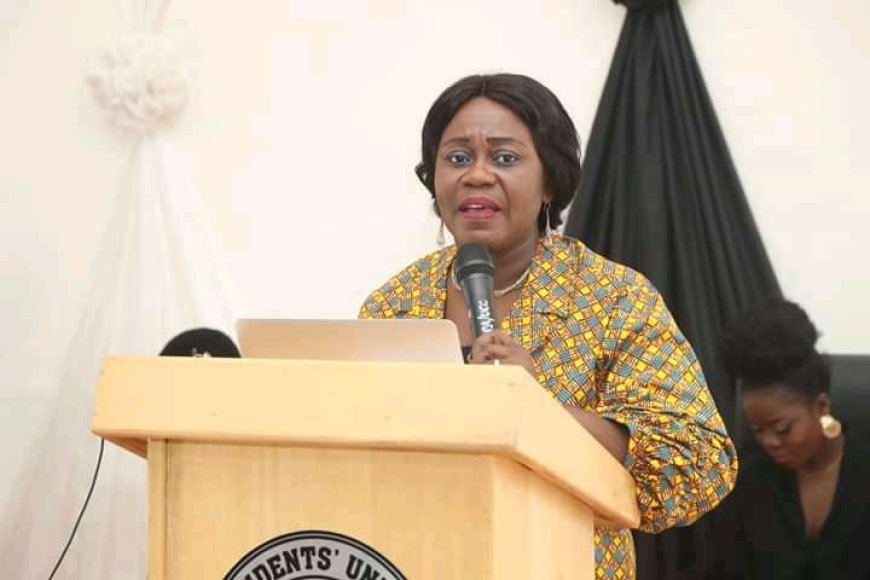Supreme Court Strikes Out Chief Justice Torkornoo’s Supplementary Affidavit Over In-Camera Breach
The Supreme Court of Ghana has struck out a supplementary affidavit filed by Chief Justice Gertrude Torkornoo in an ongoing defamation case, citing a violation of the court’s in-camera hearing protocols.

The Supreme Court of Ghana has struck out a supplementary affidavit filed by Chief Justice Gertrude Torkornoo in an ongoing defamation case, citing a violation of the court’s in-camera hearing protocols.
The affidavit in question was submitted in support of the Chief Justice's legal position in a matter involving allegations made in a petition to the President. However, the Court found that the affidavit improperly disclosed content from in-camera (private) proceedings, thereby breaching the established confidentiality rules meant to protect the integrity of sensitive judicial processes.
In delivering the ruling, the Supreme Court emphasized that in-camera evidence is not to be publicly referenced unless express permission is granted. According to the justices, the supplementary filing undermined this principle and could set a dangerous precedent if left unchecked.
“The supplementary affidavit is hereby struck out for failing to observe the confidentiality owed to in-camera proceedings,” the Court ruled.
This development adds a dramatic twist to an already high-profile legal battle that has captured national attention, with many observers noting the broader implications for transparency, judicial accountability, and procedural decorum at the highest levels of Ghana’s legal system.
While the case continues, today’s ruling serves as a stark reminder of the delicate balance between legal transparency and the protection of sensitive judicial deliberations.
Background:
Chief Justice Torkornoo has come under scrutiny following a petition that alleged misconduct, leading to various legal responses including the filing of affidavits to clarify her position. The struck-out affidavit was part of that legal strategy.
As legal watchers monitor the fallout, constitutional experts warn that future filings in such sensitive matters must be handled with greater discretion to avoid further breaches of judicial protocol.
What's Your Reaction?




















































































